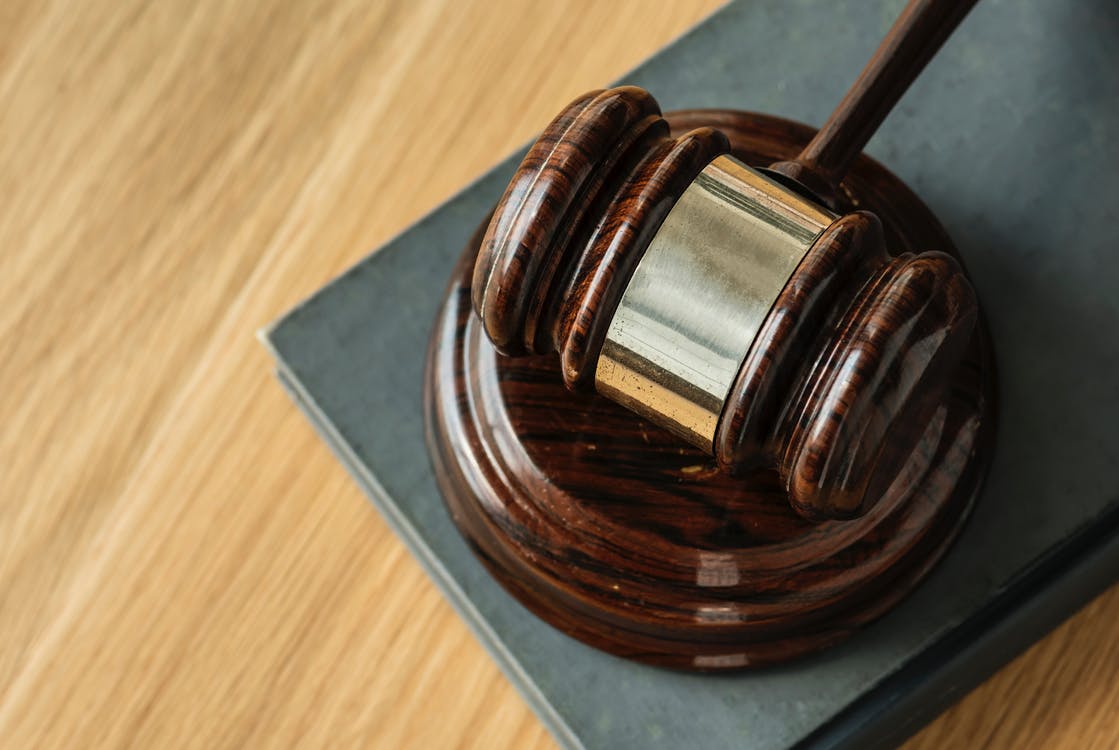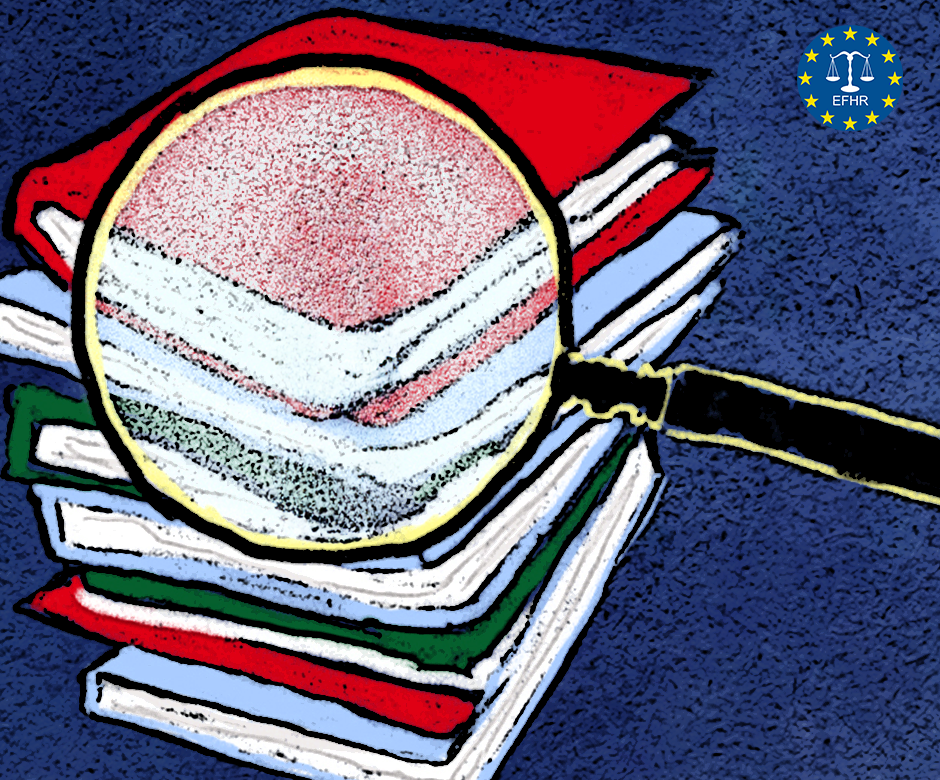- 2018/11/29
Decision by the french court on the original spelling of personal names

An appeals court in Brittany (France) ruled that personal identification documents may contain the name Fañch’s original spelling – with the symbol ñ, overturning an earlier decision that the name could not be officially registered because the letter did not exist in French. Although the Breton language has no status of an official language, while France itself has not yet ratified the “European Charter for Regional or Minority Languages”, which protects and maintains continental linguistic diversity, this did not prevent the French courts from recording the original spelling of personal names in official documents. The decision marks a victory for Breton speakers in the struggle against centuries of attempts to standardise French to the detriment of their language.
This judgment of the Brittany court is also significant to the issue of the original spelling of personal names in Lithuania. Lithuania ratified the Framework Convention for the Protection of National Minorities on 17th February 2000, thereby expressing the consent to the rights listed therein. Unfortunately, to date, part of the provisions has not been transposed into national legal regulation, and since 2010 there is no longer a valid law on national minorities in Lithuania.
That legislative gap is still being filled by the courts. With the help of the European Fund for Human Rights, almost forty people have used the opportunity to unify the non-native surnames of family members through the judicial path. Attorney’s assistant, Evelina Dobrovolska, representing the original spelling of personal names, points out that the winners have not encountered any difficulty – having entered the name with the w, x or q in the civil status record, this name also appears in the Population Register.
Thus, although the legislator is not exempted from the obligation to guarantee the rights of national minorities within the Framework Convention for the Protection of National Minorities, so far, we can be grateful for the courts’ initiative to resolve the issue.



